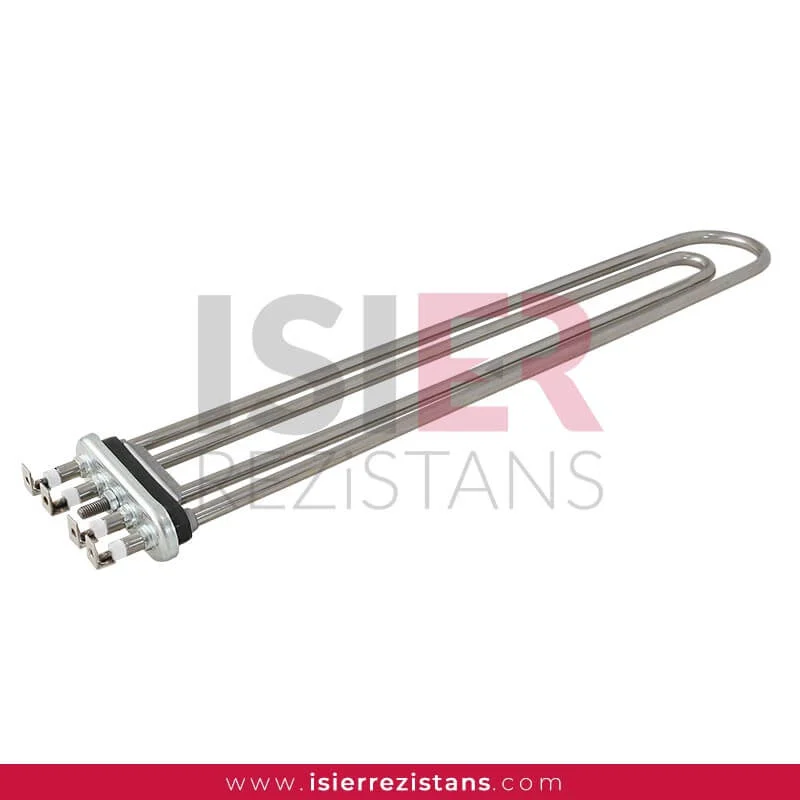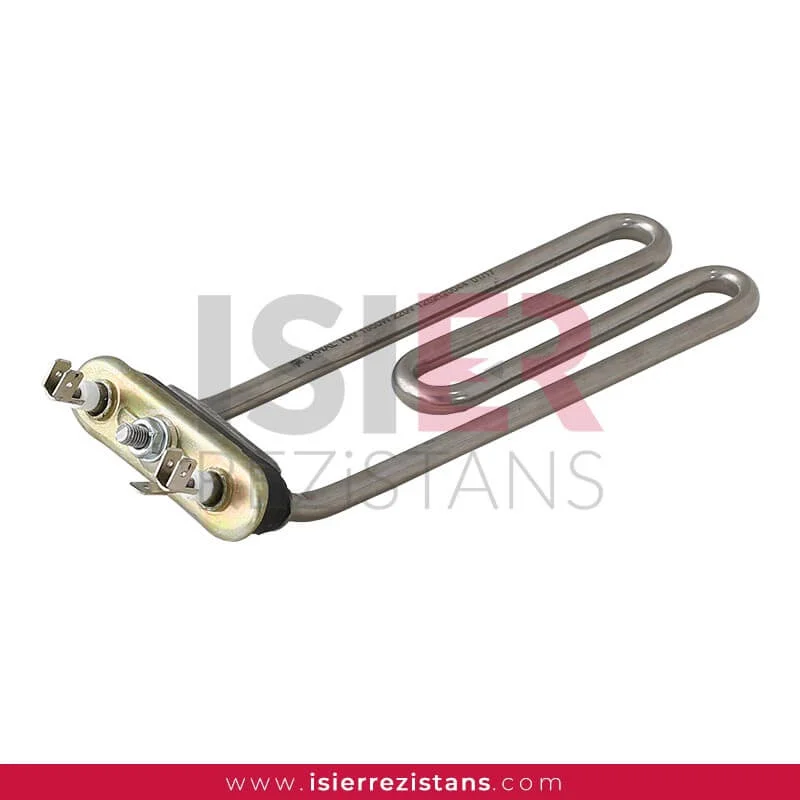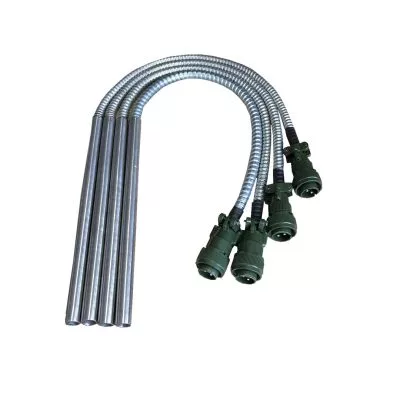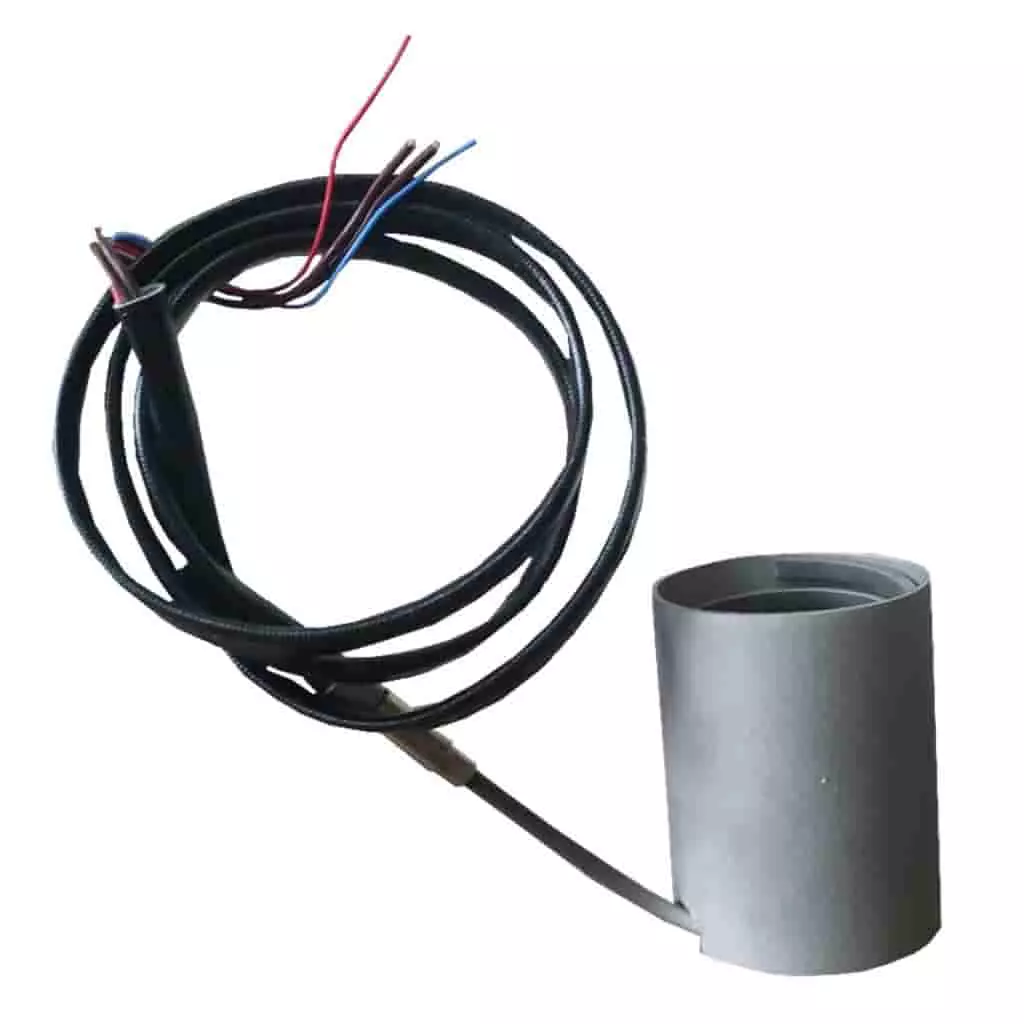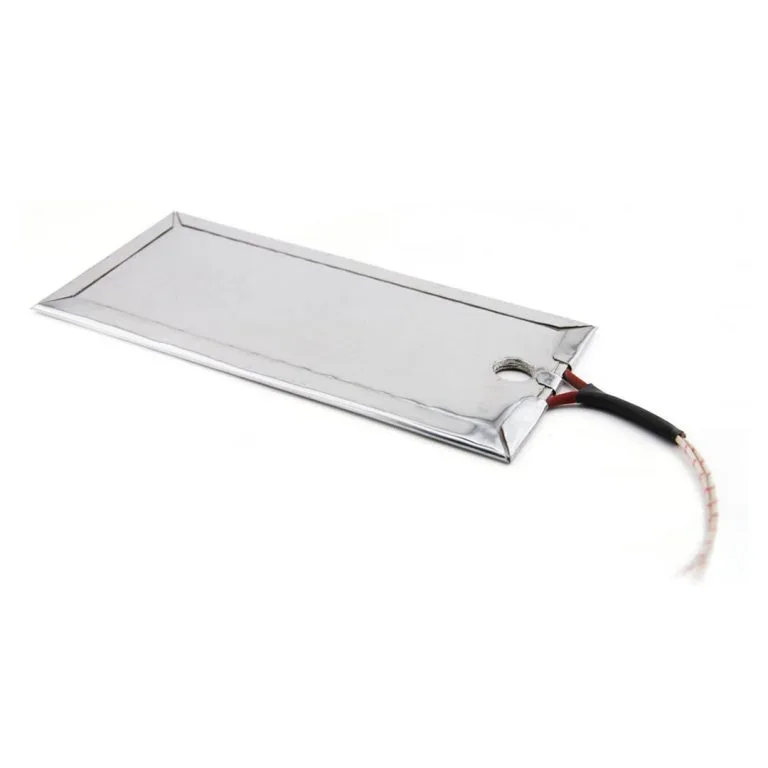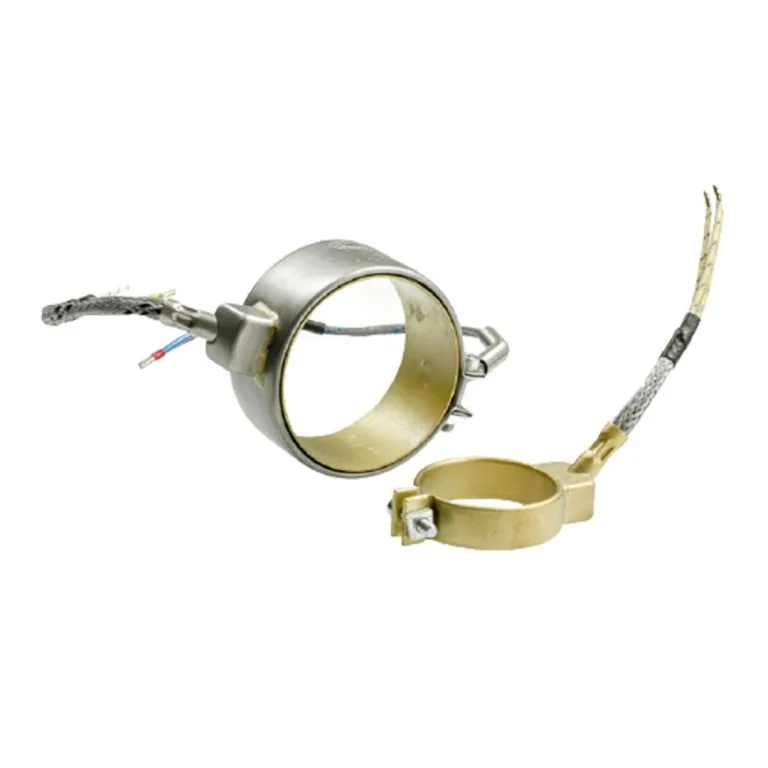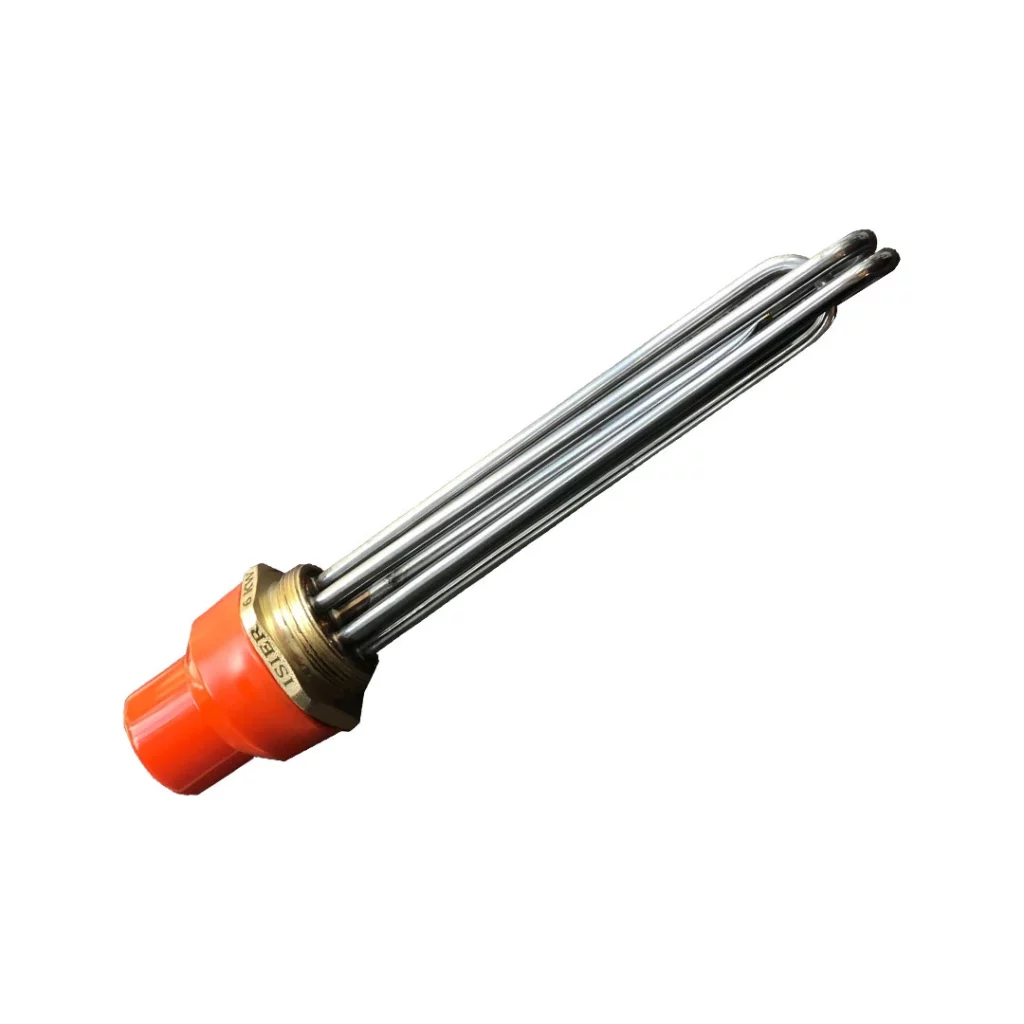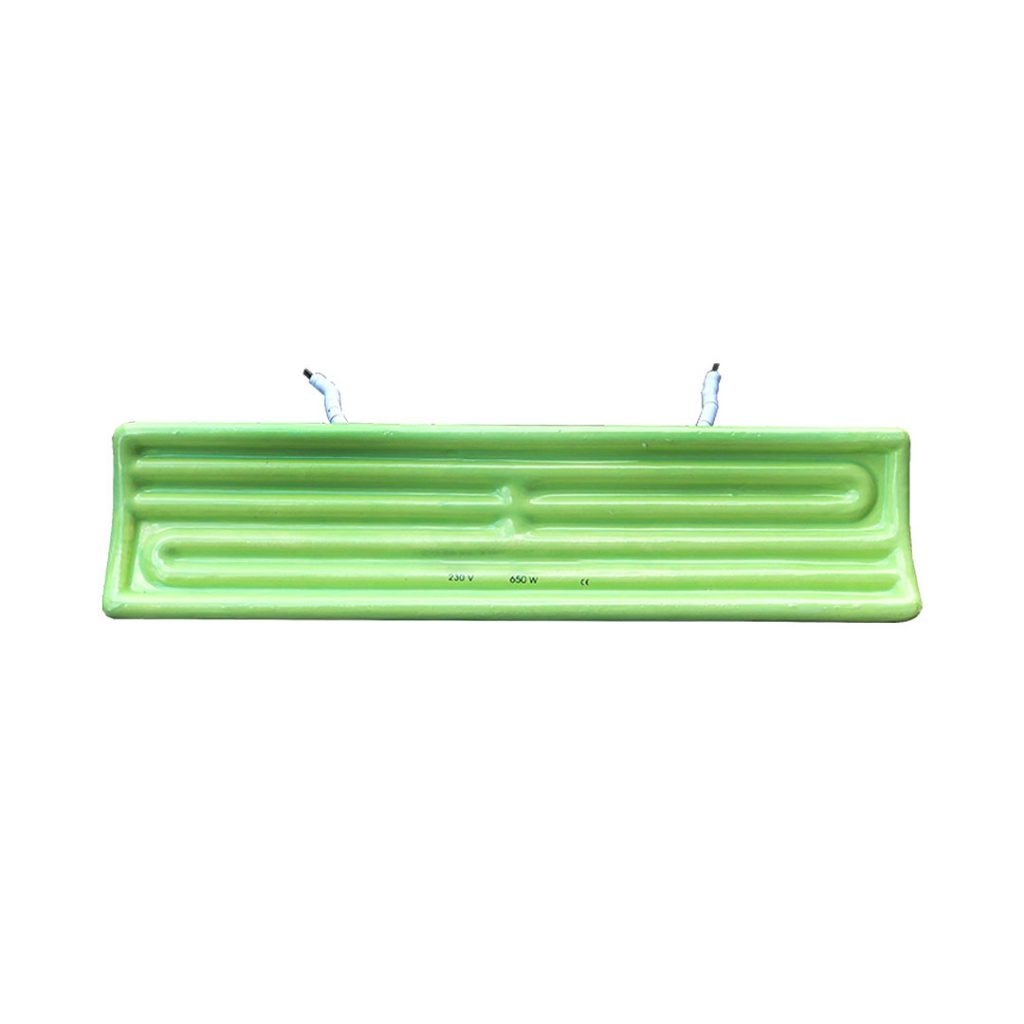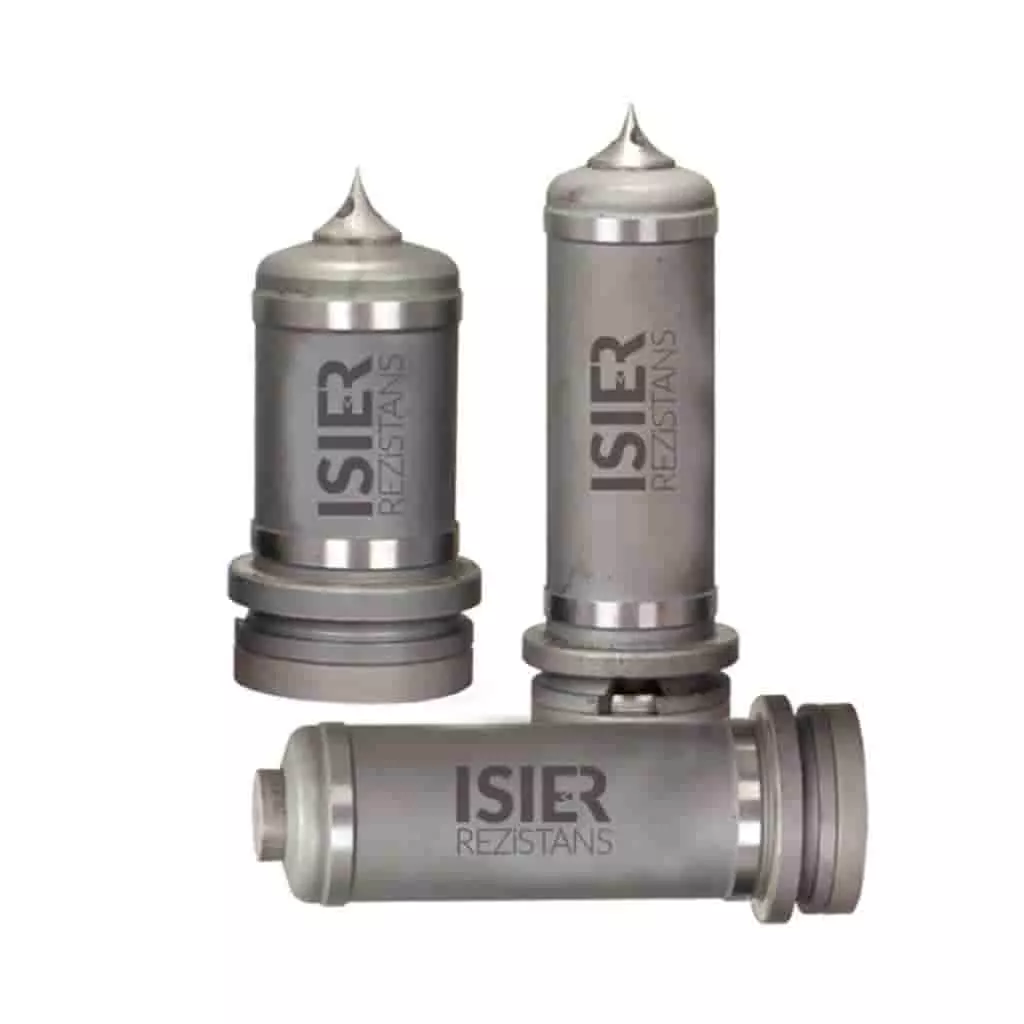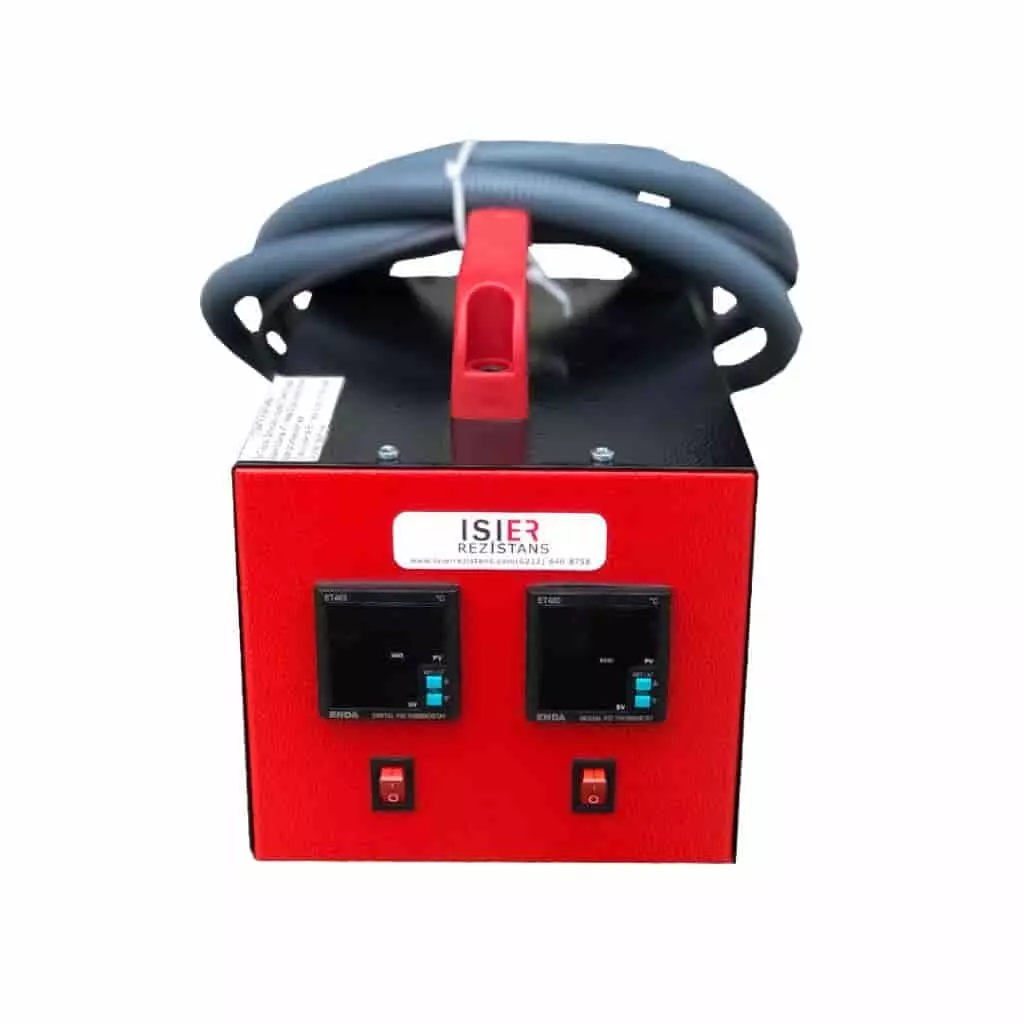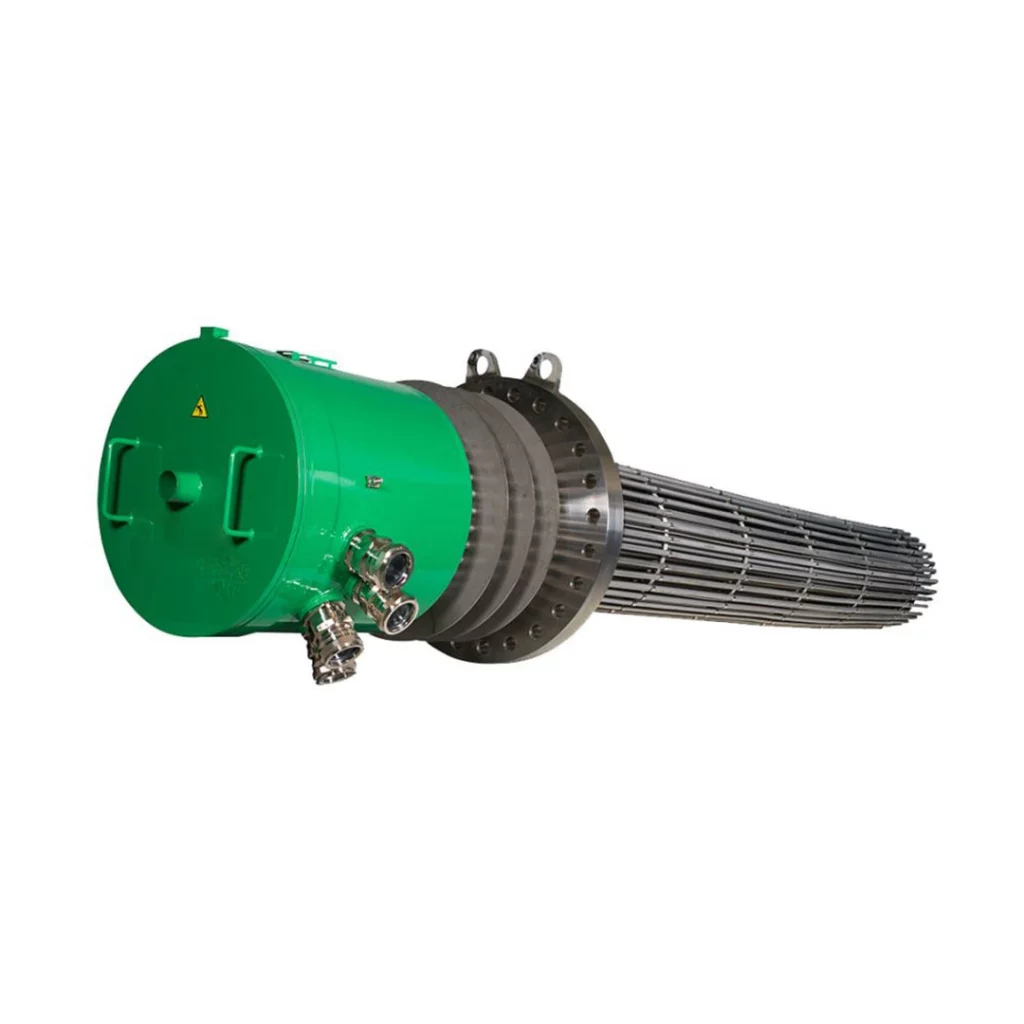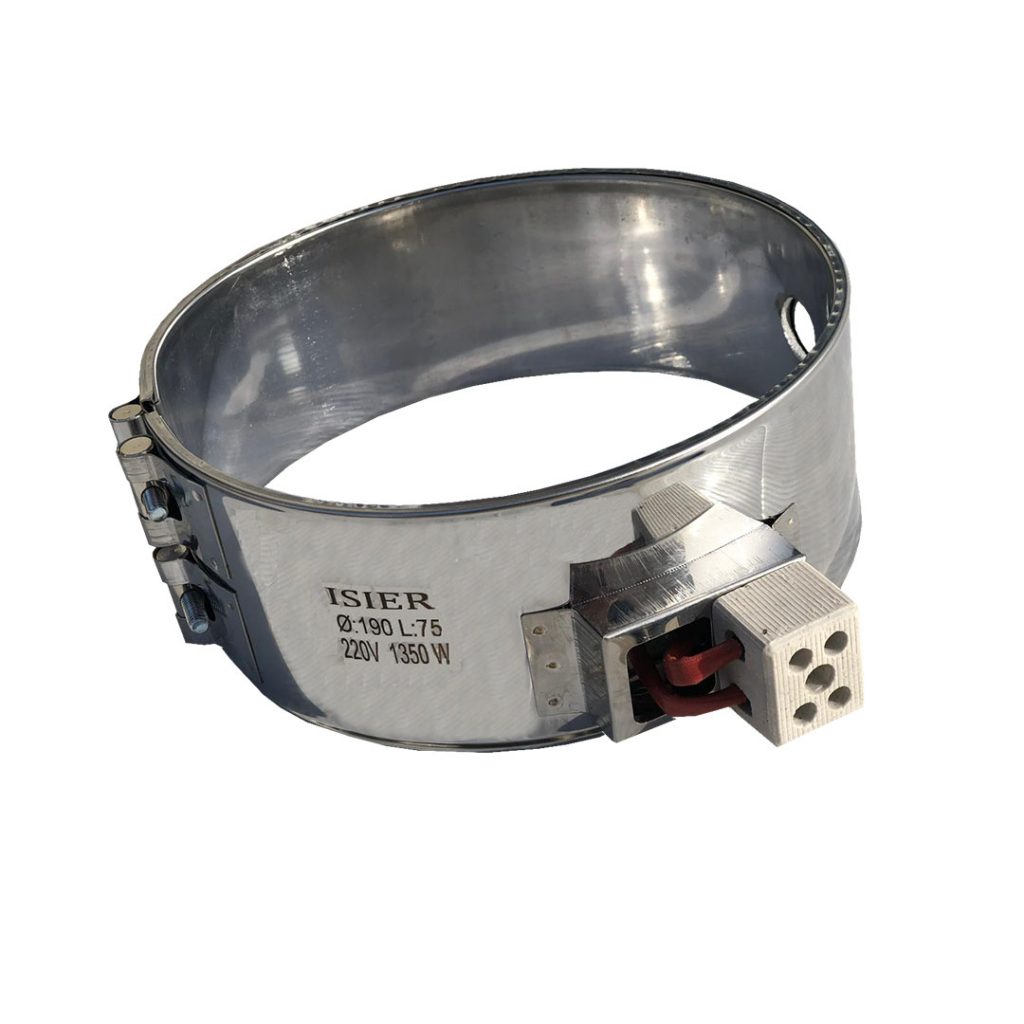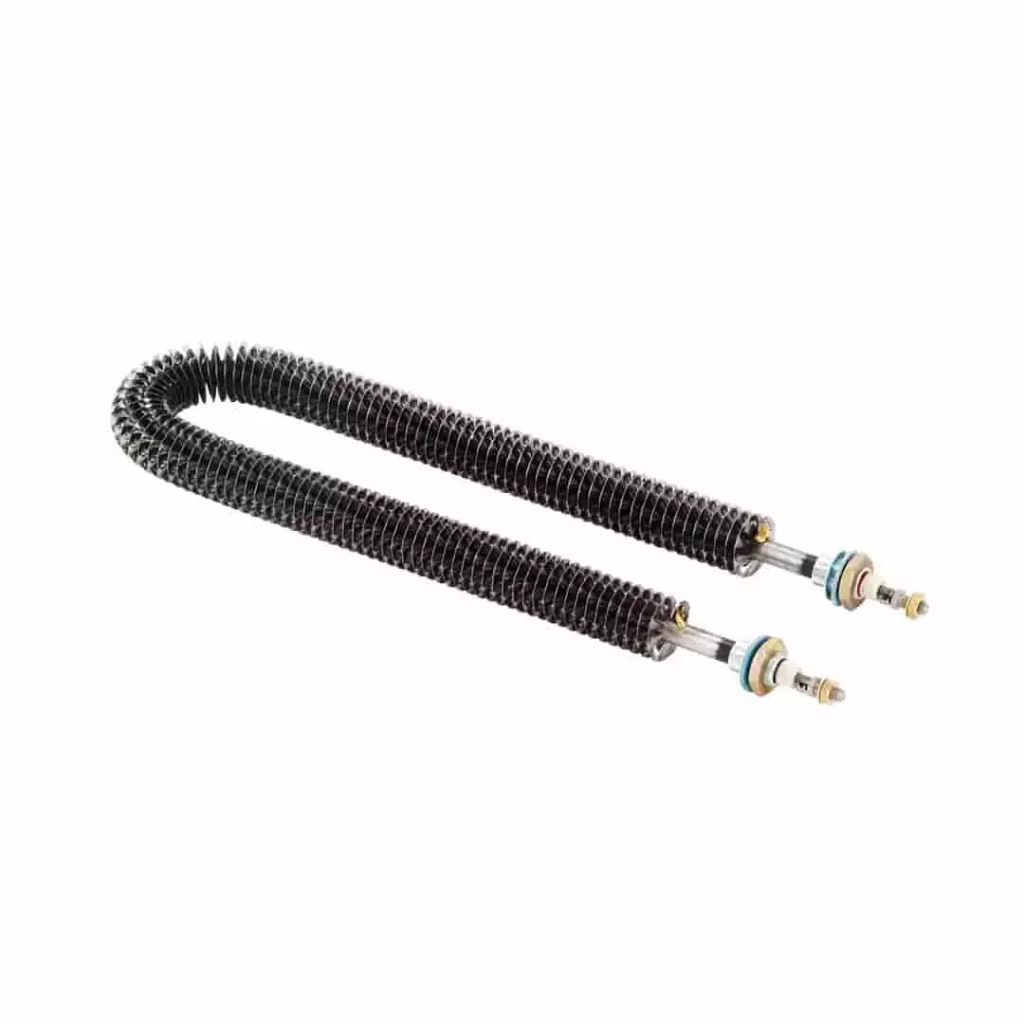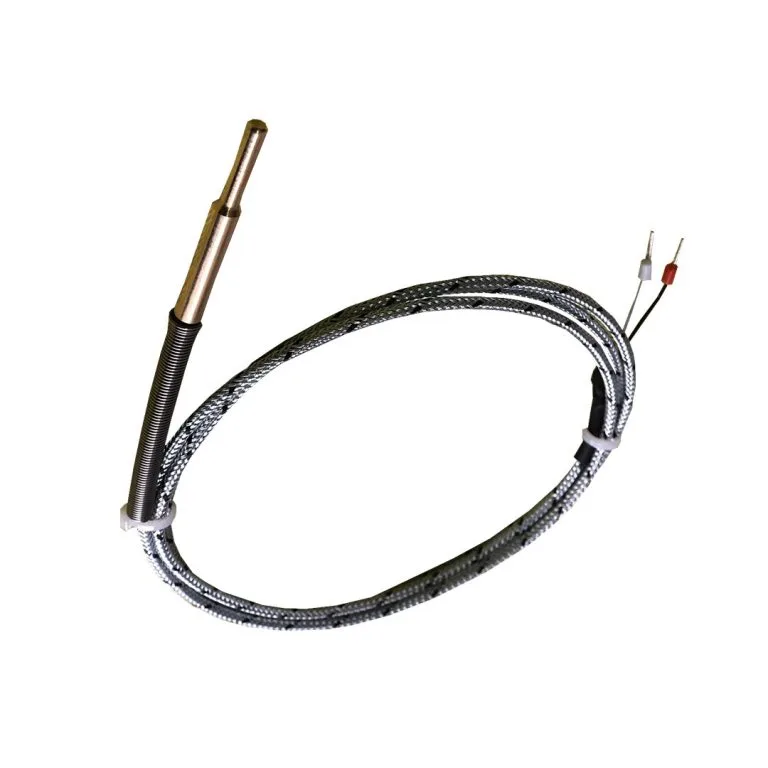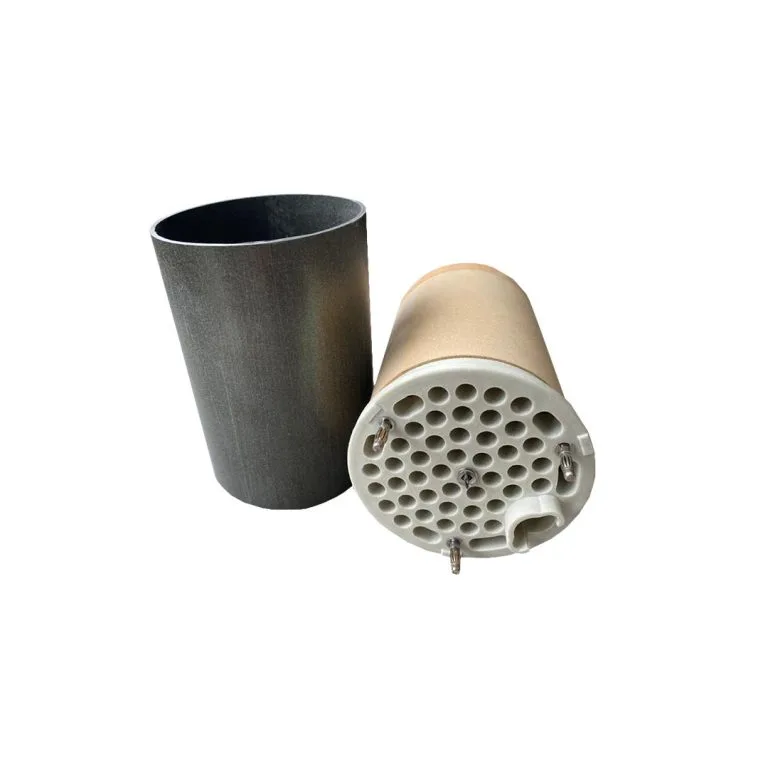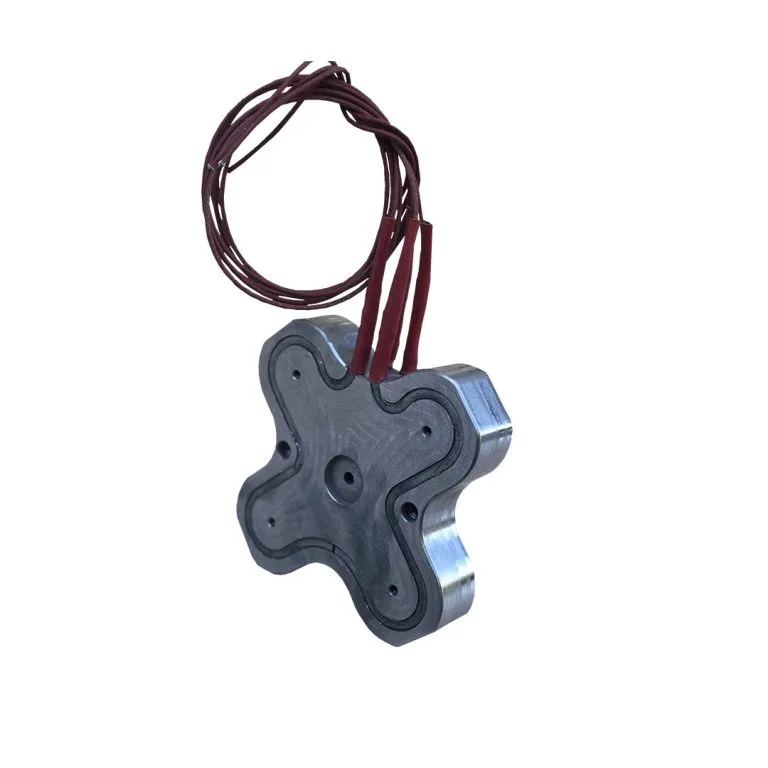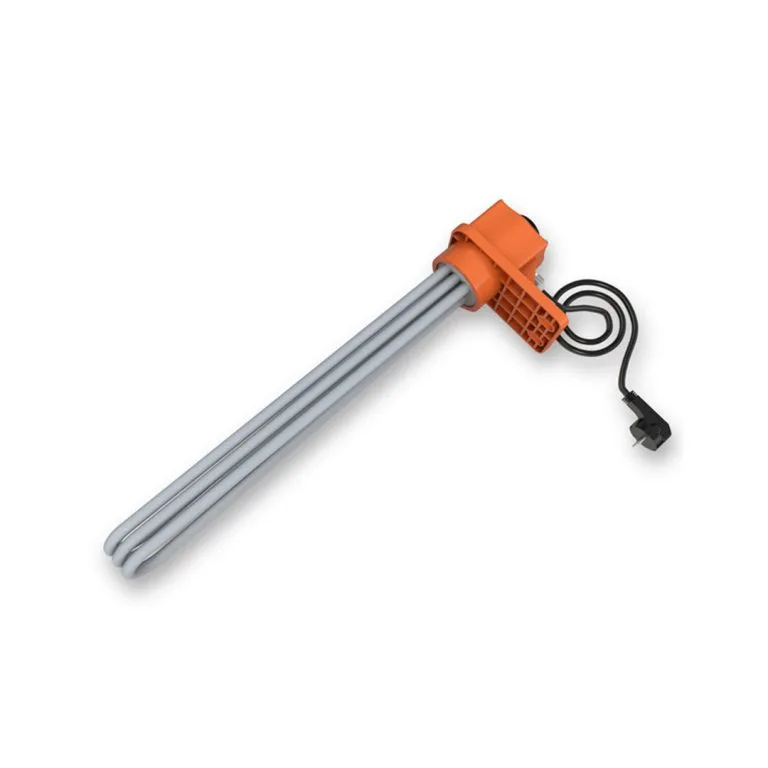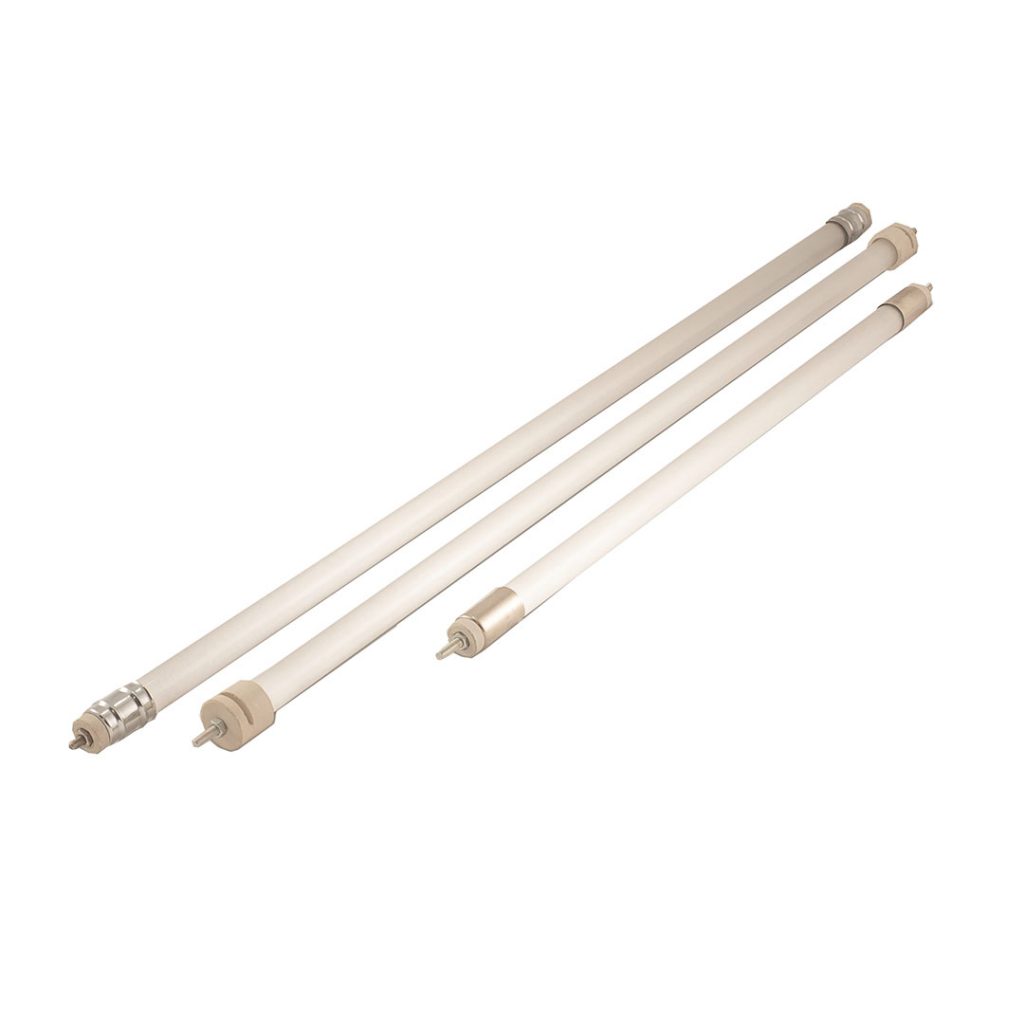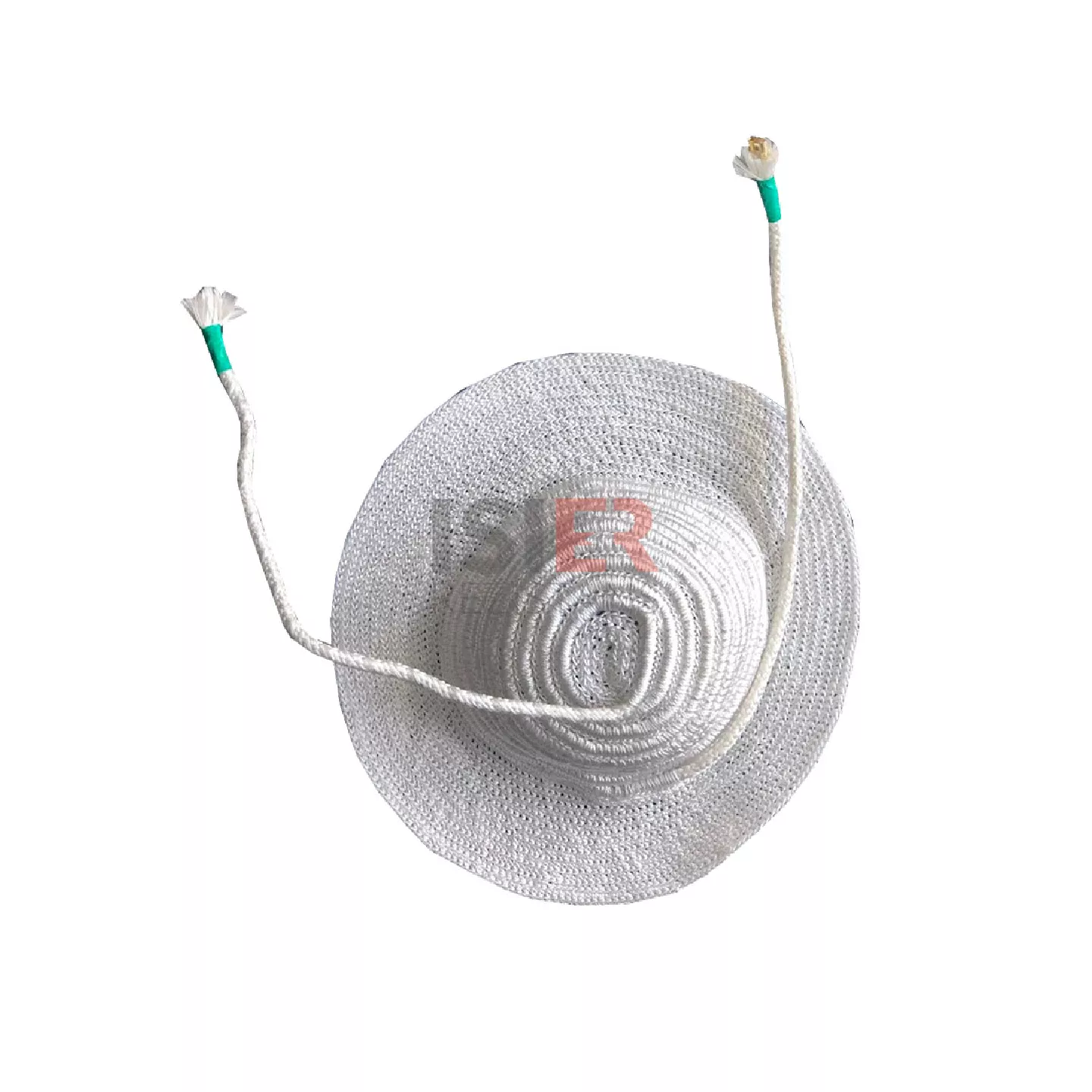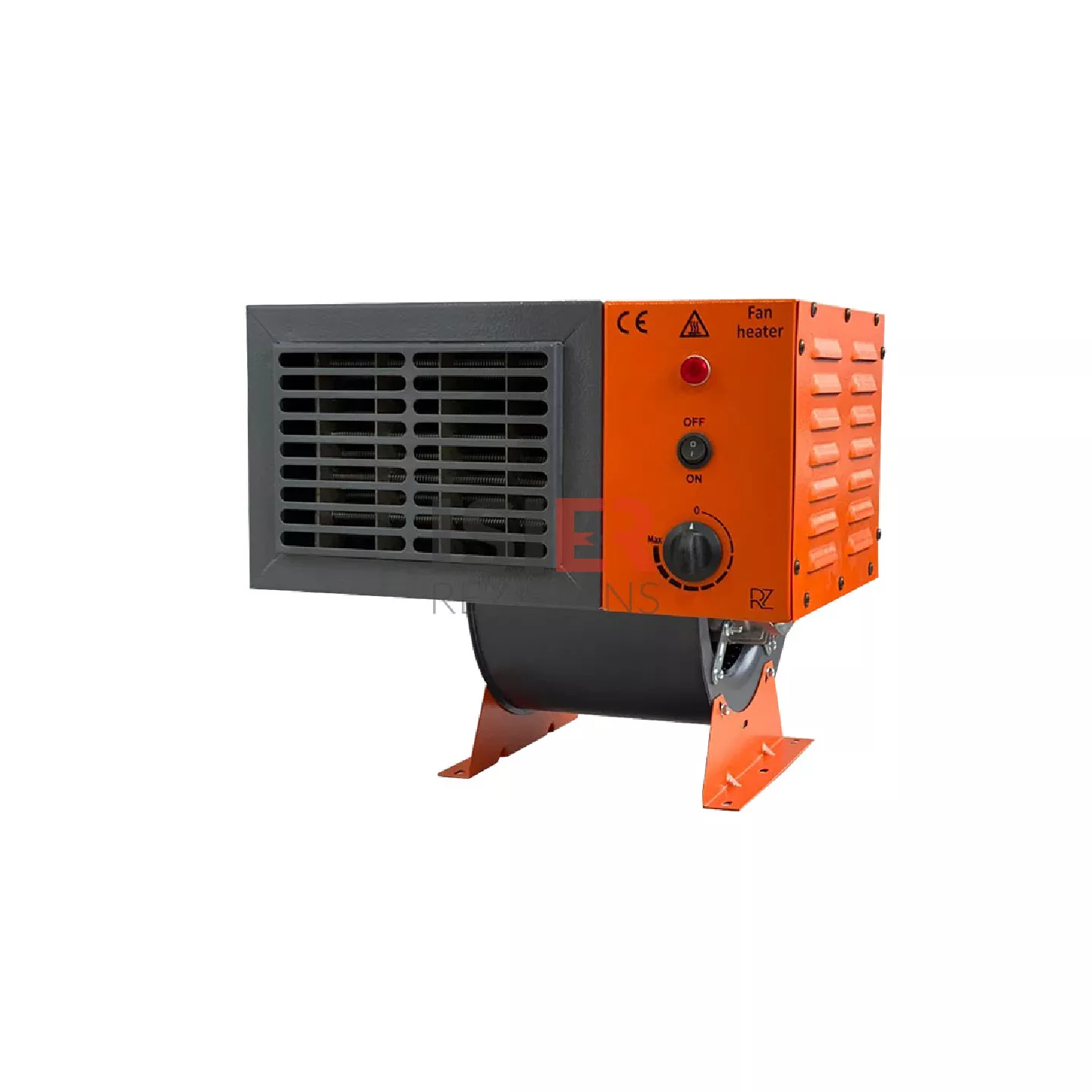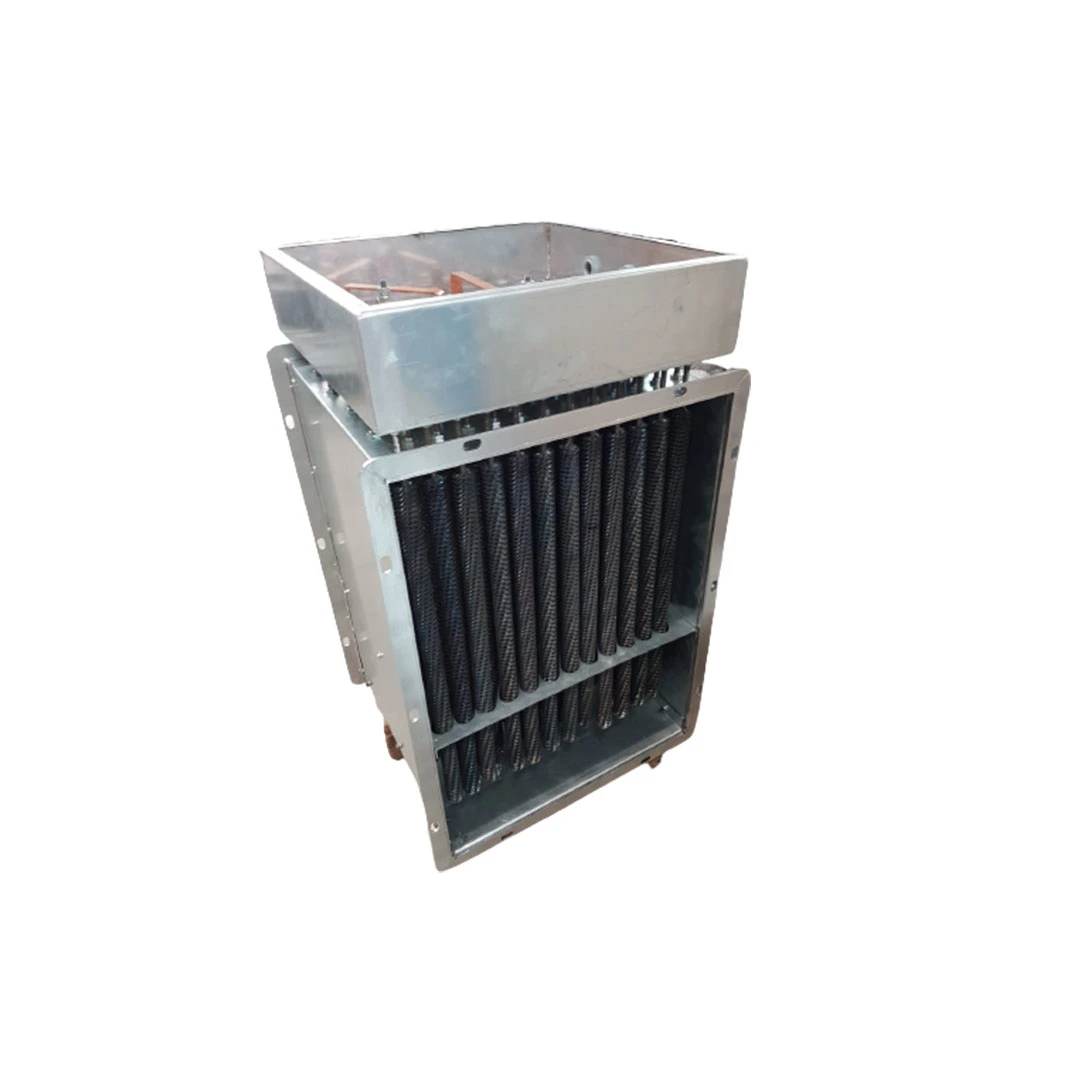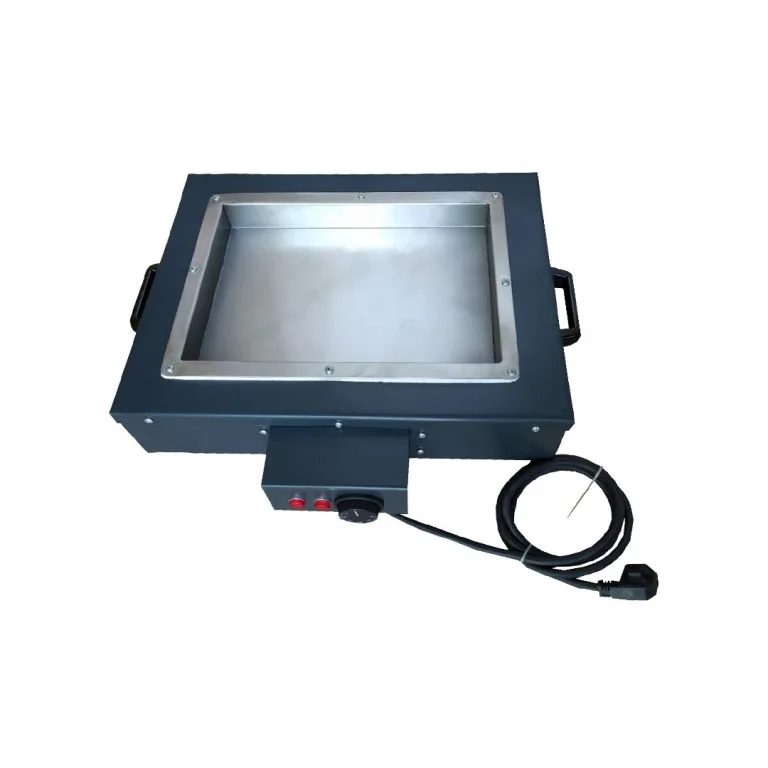Kitchen & Home Appliances Heaters
Where is the Heater used in kitchen and household appliances?
Ovens: Electric ovens use heaters to generate heat. The heaters warm the air or surfaces inside the oven, allowing food to cook.
Stovetops: Electric stovetops utilize heaters located under or above the cooking plates. These heaters provide direct heat to pots or pans, allowing food to cook.
Electric Kettles: Electric kettles contain heaters inside to heat the water. These heaters warm the water, allowing you to obtain hot water.
Irons: Heaters are used in steam irons and some other irons to vaporize water and flatten fabrics.
Washing Machines and Dishwashers: Heaters are used in washing machines and dishwashers to produce hot water and heat the water as needed.
Heaters are typically made of heat-resistant metal alloys and convert electrical energy into heat energy. This allows them to be safely and effectively used in various household appliances.
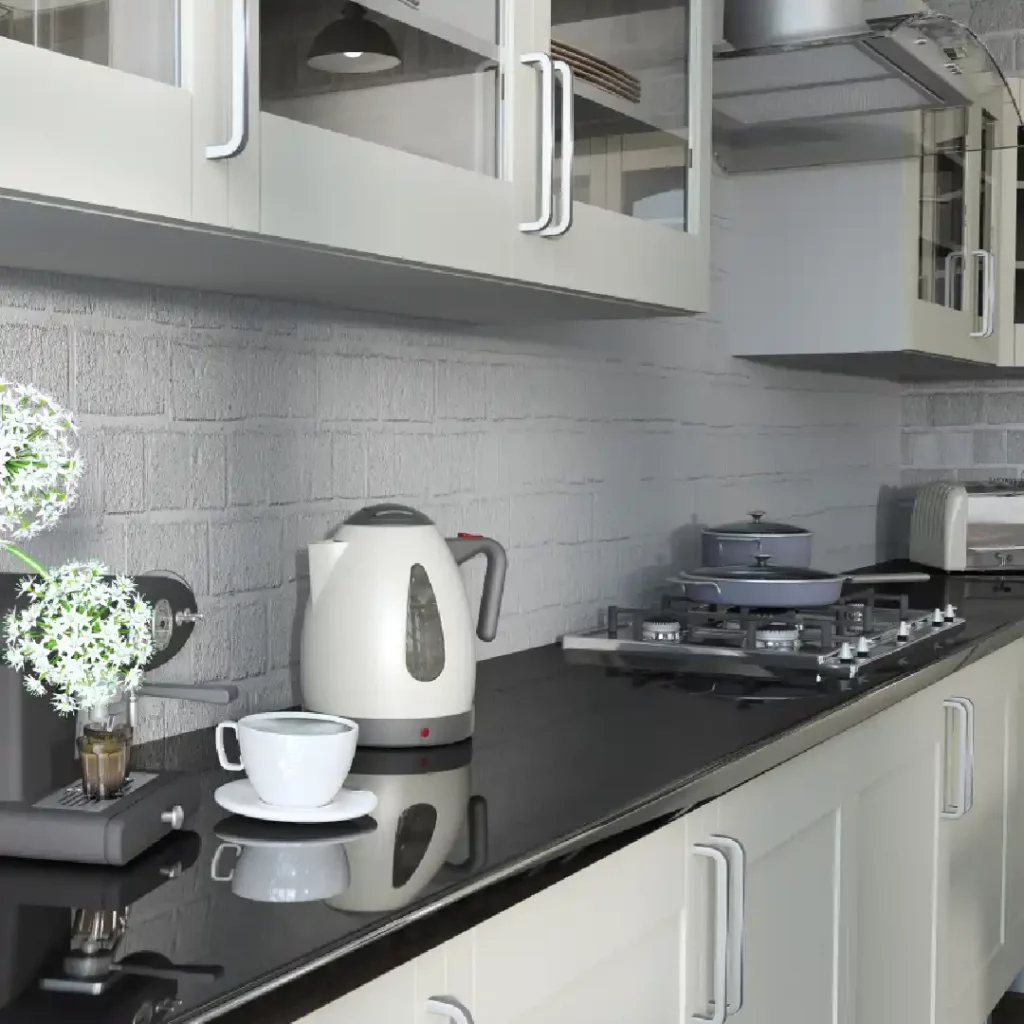
Our Products
Your Solution Partner for All Your Resistance Needs
The Importance of Heating in Kitchen and Home Appliances
Heat Generation and Control: Heaters are used in kitchen and household appliances to generate and control heat. They provide the necessary heat for various processes such as cooking food, heating water, and ironing fabrics, ensuring the functionality of kitchen and household appliances.
Cooking and Preparation Processes: Ovens, stovetops, electric kettles, and many other devices produce the required heat through heaters. It is essential to maintain the correct temperature for proper cooking to preserve the taste, texture, and nutritional value of food. Heaters assist in ensuring the successful completion of these processes.
Energy Efficiency: Modern heater technology increases energy efficiency, resulting in lower energy consumption by electric kitchen and household appliances. More efficient heaters consume less electricity, thus reducing energy costs.
Ease of Use and Safety: Heaters used in electric household appliances are generally easy to use and safe. Well-designed and properly installed heaters enable users to use appliances safely.
Functionality and Variety: Heaters can be used for various functions in different kitchen and household appliances. This allows for more efficient performance of various tasks in the kitchen and home, offering users a wide range of functionality.
Technical Specifications of Heaters in Kitchen and Home Appliances
Heaters are electrical components commonly used for heating purposes in kitchen and household appliances. Their technical specifications may vary depending on the purpose and requirements of the device, but generally, they have the following characteristics:
Material: Heaters are typically made of high-resistance materials such as nickel-chromium alloys or iron-chromium alloys. These materials are resistant to high temperatures and suitable for prolonged use.
Resistance Value: The resistance of the heater indicates its resistance to the passage of electric current and is measured in ohms.
Power: The heat provided by the heater is associated with power consumption and is usually expressed in watts. Higher power results in faster heating but increases energy consumption and cost.
Size and Shape: The size and shape of heaters vary depending on the design of the device and heating requirements. Some may be tube-shaped, while others may be flat plates.
Voltage: The voltage at which the heater operates depends on the electrical circuit it is connected to. Standard household electrical systems typically operate at 110V or 220V voltage.
Application: Heaters have different designs for various applications. For example, an oven heater needs to withstand high temperatures, while a water heater heater may operate at lower temperatures.
These features may vary depending on how heaters are to be used in kitchen and household appliances, and selecting the most suitable heater for a specific device may be necessary.
What to Consider When Choosing Heaters for Kitchen and Home Appliances
When selecting a heater for use in kitchen and household appliances, there are several important points to consider:
Compatibility: It is important for the heater to be compatible with the device it will be used in. For example, a heater used for an oven should be suitable for the dimensions and power requirements of the oven.
Material Quality: The quality of the material used in the heater’s construction determines its durability and longevity. High-quality materials such as nickel-chromium alloy should be preferred.
Power Rating: The power provided by the heater should match the requirements of the device it will be used in. Power is typically expressed in watts and should be determined based on the heating needs of the device.
Application Area: The environment and purpose in which the heater will be used should be taken into account. For example, heaters used in water heaters should be resistant to water.
Safety Features: It is important for the heater to have safety features that automatically cut off the circuit in case of overheating. This helps prevent potential hazards such as fire or overheating.
Warranty and Service Support: It is important for the brand from which you purchase the heater to offer good warranty and service support. There should be an easily accessible service network in case any issues arise with the product.
Ease of Installation: The heater should be easy to install, and if it needs to be placed inside the device, it should be of the appropriate size.
These factors are important considerations for selecting the right heater for use in kitchen and household appliances.





